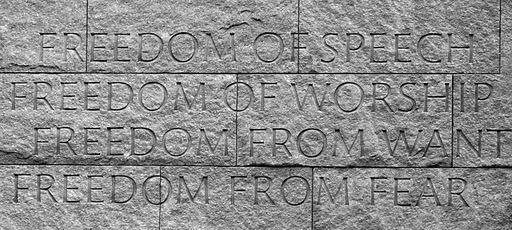Hungary versus Europe
By Sean L Hanley, on 10 July 2013
The EU must find a response to the increasingly aggressive nationalist turn of Hungary’s current government write Erin Marie Saltman and Lise Herman.
What does the European Union do about a member state that has recently been referred to as the ‘cancer in the middle of Europe’?
Hungary has come under increasing scrutiny from European Union bodies and international watchdogs since the 2010 national elections, when the Fidesz government won a two-thirds majority in parliament. Since then the right-wing government has installed large overhauls of the country’s foundational institutions, including a new constitution, fundamentally changing the functioning of the media, the judiciary, the Central Bank and the education system. Many of the government’s changes have mirrored propositions first put forth by Hungary’s radical right party, Jobbik.
These changes have been criticized by the European Union and international actors for reinstating undemocratic and authoritarian elements into Hungary’s governing foundations. While the Fidesz government has re-tailored some of their new legislation to appease international critics, they remain largely defensive of the new direction Hungary is taking. As a consequence, European institutions are having to confront the real challenge of defining their supranational power over members. (more…)
 Close
Close



